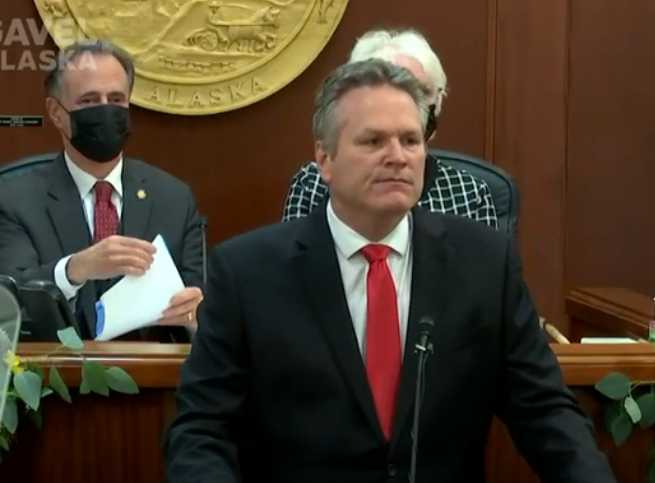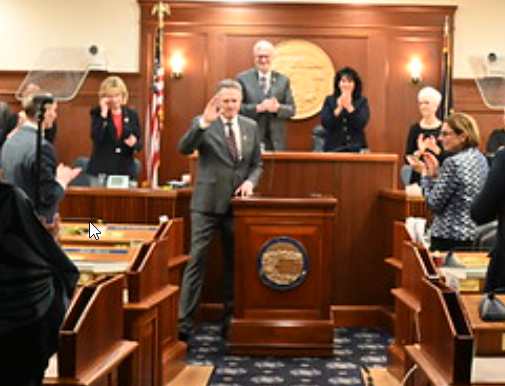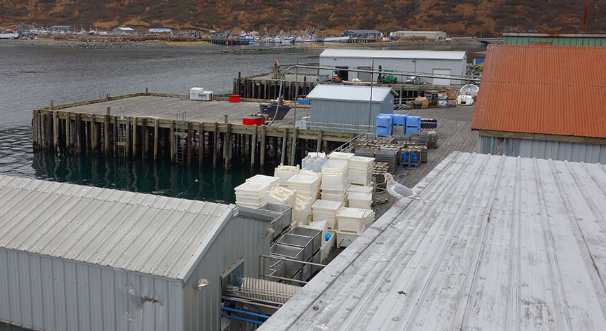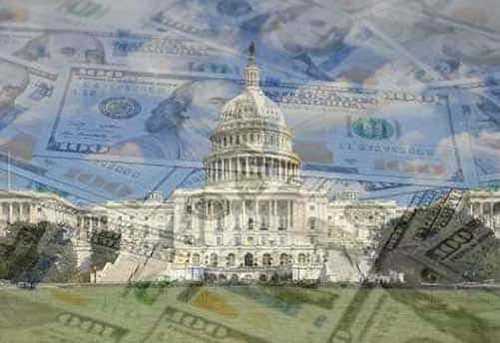Speaker Stutes: ‘We will do whatever it takes to make sure Alaskans receive the largest dividend we can afford. We are also steadfast in our belief that we must protect the fund from overspending that mortgages our future.’
JUNEAU – Gov. Mike Dunleavy today announced a series of budget vetoes that create uncertainty at a time when our economy and communities are on a fragile path toward recovery from the COVID-19 pandemic.
House Speaker Louise Stutes (R-Kodiak) released the following statement on the vetoes:
“Most lawmakers supported paying an $1,100 dividend, the largest Alaska can afford without massive cuts to essential services like schools and troopers or the creation of new taxes. When the supermajority vote necessary to fund all the items in the budget failed, the PFD was reduced to $525 and, sadly, the governor took the additional step today of zeroing it out.
This action, coupled with the governor’s damaging vetoes, creates uncertainty for families and individuals. Alaskans should rest assured that we will continue our efforts to provide a healthy dividend and the services they deserve.
Our coalition’s position has not changed – we will do whatever it takes to make sure Alaskans receive the largest dividend we can afford. We are also steadfast in our belief that we must protect the fund from overspending that mortgages our future by paying large dividends today at the expense of essential services, our economy, and our children’s future opportunities.”
—
The following is a partial list of vetoes made by the governor. A full list is available here.
- Permanent Fund Dividend. While most lawmakers voted to pass a budget that would have sent an $1,100 check to every man, woman, and child in our state, a minority in the Legislature blocked the vote necessary to fully fund the budget, reducing the PFD to $525. The governor went a step further by zeroing out the dividend.
- Alaska Tribal Child Welfare Compact. The governor also de-funded the Alaska Tribal Child Welfare Compact, a landmark agreement that created a government-to-government agreement between the State and Tribes that aimed to improve problems with our adoption system and to keep vulnerable Alaska Native children with their families.
- Initiatives to grow Alaska’s economy. The governor blocked the Alaska Seafood Marketing Institute from spending $3 million in federal funds to help the seafood industry grow our economy. He also slashed the Alaska Travel Industry Association’s budget by $10 million.
- Alaska Marine Highway System. Despite a vocal push for policymakers to provide stability in funding and scheduling of the Alaska Marine Highway System, the governor reduced ferry funding by $8.5 million.
- Investments to build Alaska, put the construction industry to work. $220 million in state and federal dollars that would have largely gone to private construction companies through capital investments will now go unspent. One example is a vital ice road that connects Kuskowkim River communities in winter which will not receive funding, threatening access to healthcare and the regional economy.
- Access to airline travel. The governor vetoed $308,000 necessary to implement REAL ID in 100 rural communities, leaving many Alaskans unable to be compliant with federal regulations and unable to board commercial airlines
- Community assistance grants. More than $38.9 million was cut from the Community Assistance Program, which Alaska’s boroughs, cities, and unincorporated communities rely on for the delivery of basic public services. In order to fill the shortfall, local officials will likely be forced to increase taxes on individuals.
- Pre-K grants. The governor cut $2.5 million from Pre-Kindergarten Grants, an investment that promotes quality education outcomes for young children before entering the K-12 system.
- Health programs slashed. Important programs in the Department of Health and Social Services faced cuts, including a $17.5 million reduction to Medicaid, a $1.25 million reduction to public health nurses, and a $3.5 million reduction to hospitals that serve people who are uninsured, and more.
[content id=”79272″]







